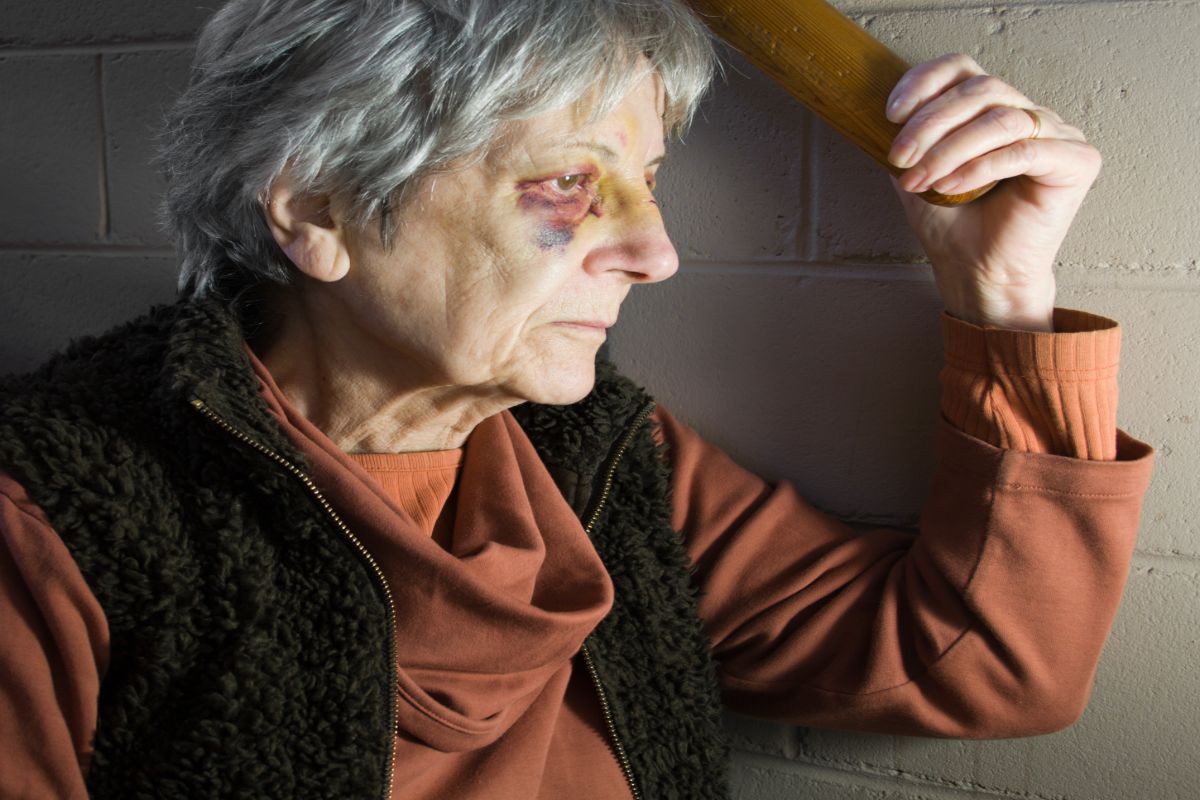Elder abuse is more prevalent than we would like to believe. Its victims sometimes live in fear but are incapable of asking for help. Some victims are unaware of the abuse. In fact, friends and family members of an abused older person may not know that there are several kinds of elder abuse, and some are very easy to overlook.
This article discusses seven distinct types of elder abuse: physical, sexual, psychological, neglect, abandonment, financial or material, and self-neglect. If you believe you or a loved one have suffered elder abuse, contact our knowledgeable attorneys for help.
#1. Elder Abuse Can Be Physical
In fact, physical might seem to be the most noticeable kind of abuse. This type might be defined as “the use of physical force that may result in bodily injury, physical pain, or impairment.
Physical elder includes being hit, slapped, pushed, burned, kicked, or shaken. Signs that this type of behavior is going on could include:
· Bruises,
· Fractures,
· Lacerations,
· Rope marks or other signs of restraint,
· Sprains,
· Internal injuries, and
· Broken personal items like eyeglasses, picture frames, or furniture.
When visiting or talking with an elder, watch for any odd changes in behavior. This could be caused by a serious medical condition or because of elder abuse.
#2. Sexual Abuse Can Occur Also
Any non-consensual sexual contact is abusive. This type of behavior could include obvious sexual assault and being touched without permission or being photographed in a sexual way.
Loved ones can watch for signs of unexplained sexually-related injuries, torn clothing, and signs of fear. It’s also important to listen carefully to what an elderly friend or relative is saying and what they are not saying.
#3. Some Use Psychological Tactics as a Form of Elder Abuse
This type of elder abuse could also be called emotional abuse. It can result from another person causing emotional pain “through verbal or nonverbal acts.”
For example, the following behaviors are types of psychological abuse:
· Isolating someone from family and friends,
· Withholding participation in regular activities
· Treating an older person like a small child or infant,
· Verbal assaults that include insults and threats,
· Harassment and intimidation, and
· Humiliation.
Psychological and emotional abuse can be challenging to spot. Watch for signs that your older friend or relative is unusually emotional and seems to fear other people.
#4. Neglect Can Be a Subtle Sign of More Serious Abuses
Elder abuse can also take the form of not doing things that should be done. Neglecting an older person could include:
· Failing to perform fiduciary responsibilities like paying bills,
· Neglecting to provide basic necessities.
· Friends and family might notice the following signs of neglect:
· Poor personal hygiene,
· Dehydration and malnutrition,
· Unsanitary living conditions,
· Lack of basic utilities, and
· Untreated health conditions.
Frequent visits or phone calls could help loved ones identify signs of neglect.
#5. Elder Abuse Can Take the Form of Abandonment
We often depend on friends, neighbors, family, and paid caregivers to care for an elderly loved one. Abandonment occurs when someone who has assumed responsibility for someone fails to do so.
This type of elder abuse can occur at home or away from home.
#6. Financial or Material Elder Abuse Is Common
Any misuse of an older person’s funds, property or assets could be considered elder abuse. In addition to outright theft, financial abuse can include:
· Cashing checks or withdrawing money from an account without permission,
· Coercing someone into signing documents (including Wills),
· Misusing an older person’s possessions, and
· Abusive use of guardianship or conservatorship powers.
Loved ones can watch for sudden changes in financial status, abrupt changes in estate planning documents, and unexplained lapses in utility services.
#7. Self-Neglect – Another Subtle Sign of Abuse
Finally, sometimes elder abuse is caused by older people themselves. Self-neglect can take the form of someone refusing to provide themselves with basic necessities, medication, and items needed for personal hygiene.
Family members can watch for:
· Poor personal hygiene,
· Hazardous living conditions, and
· Lapses in medical care.
At some point, a guardianship or conservatorship might be needed.
About the Authors
The attorneys at Henke, Williams & Boll assist clients like you with litigation and other matters. But we don’t just help a little. We win cases through aggressive representation using extensive knowledge of the Texas legal system.
For a free consultation or phone appointment, call 713-940-4500 or use the convenient contact form located on our website. [link to website]. We represent clients in the Houston area, including Harris County, Montgomery County, Waller County, Fort Bend County, Galveston County, and Brazoria County.


